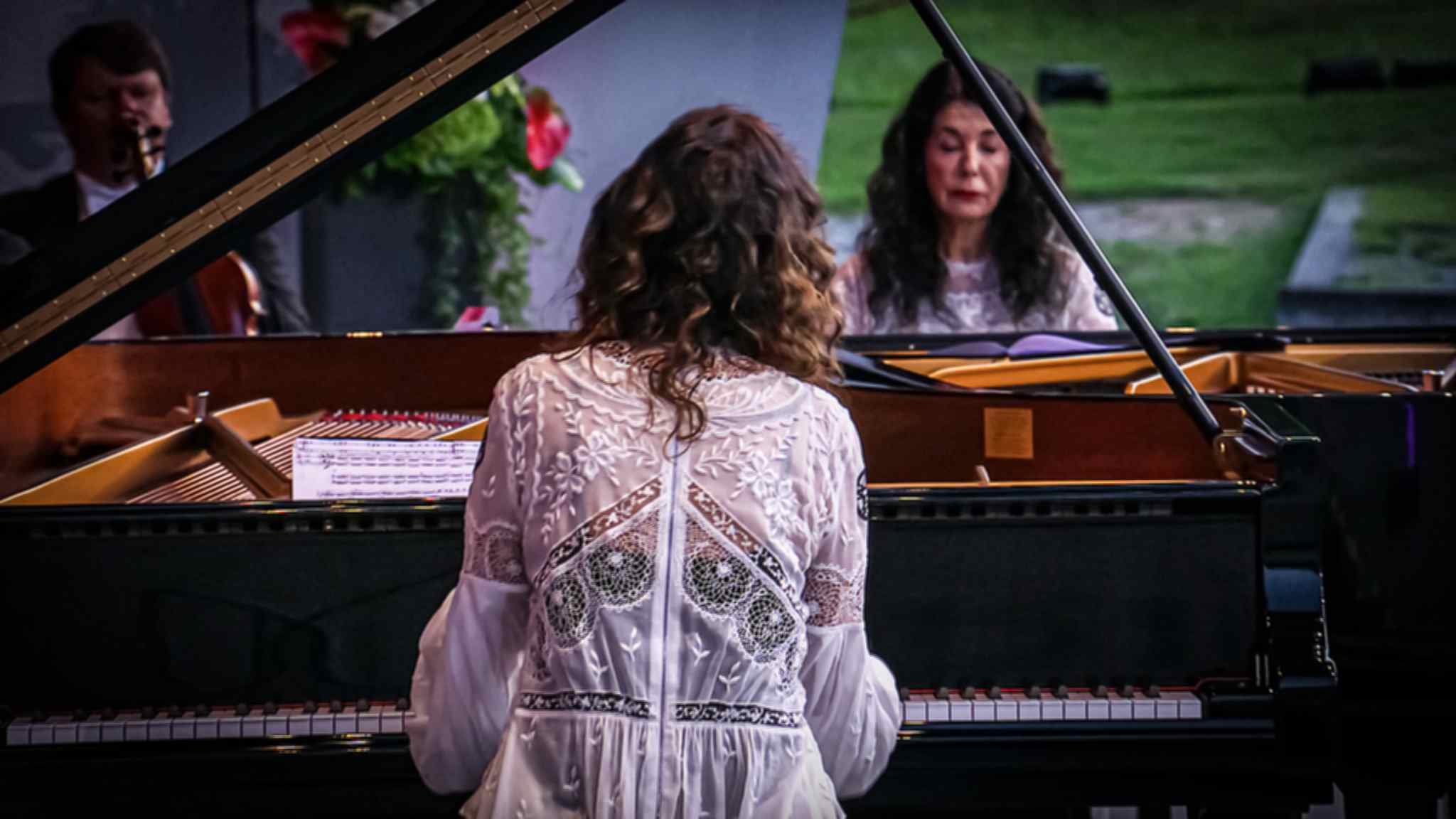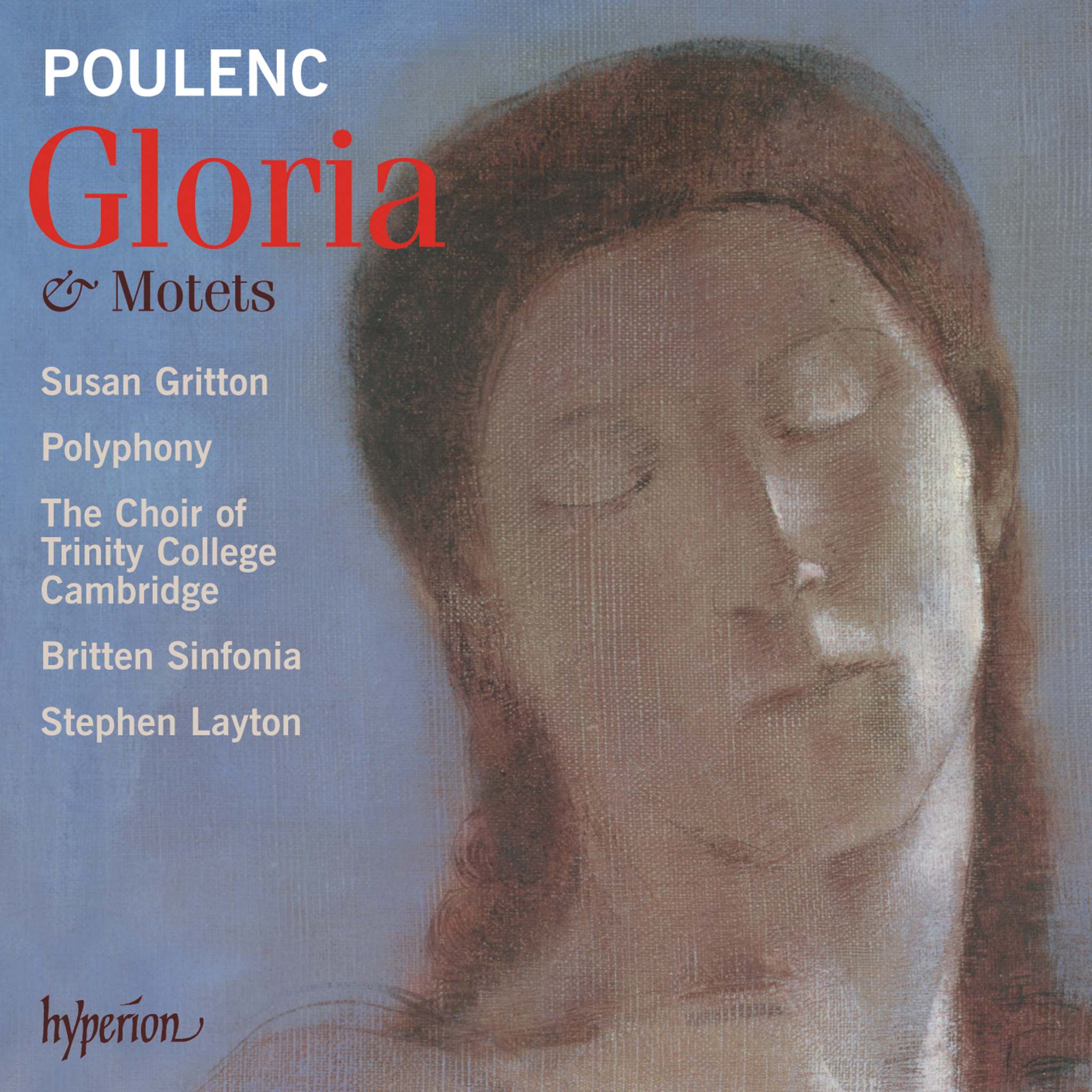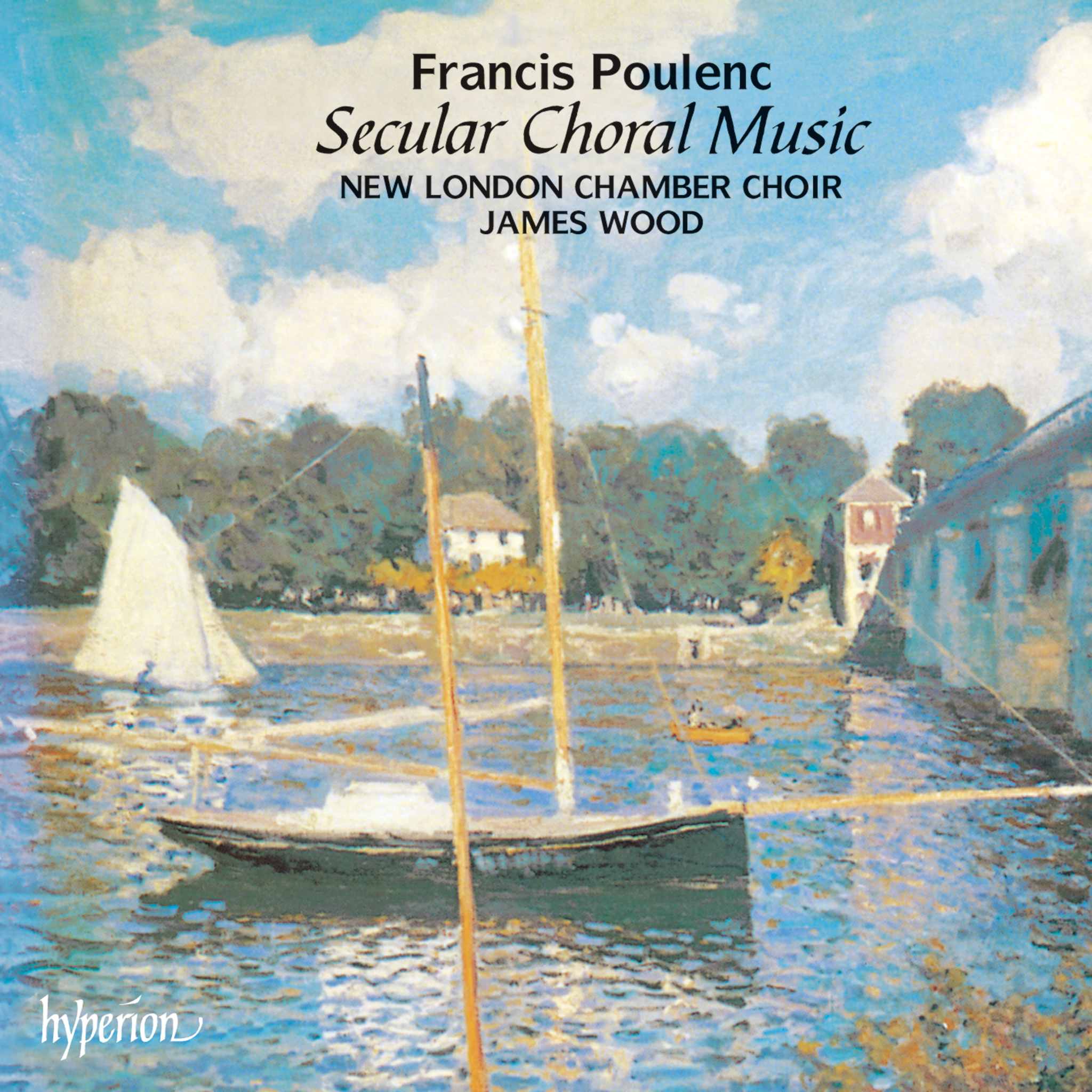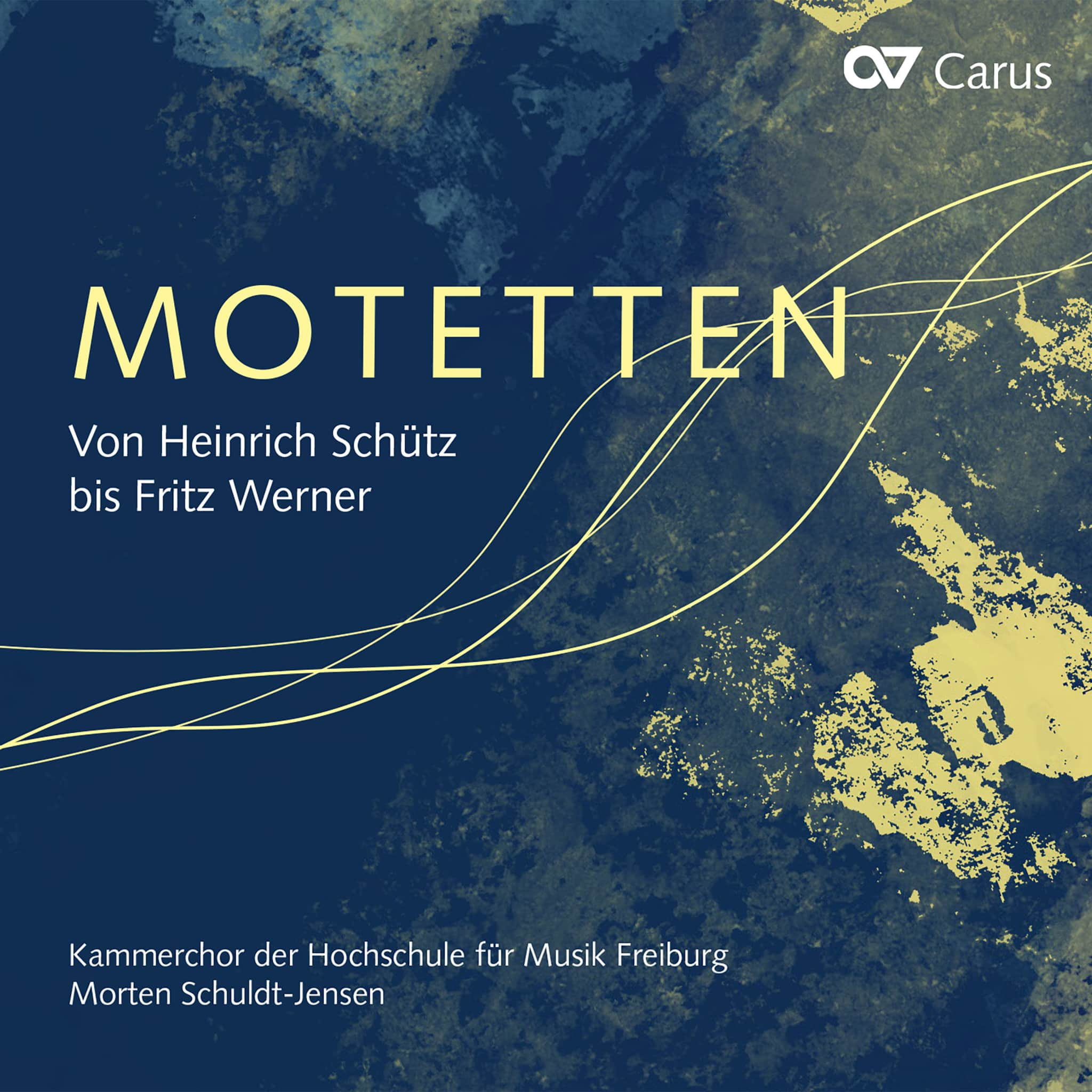Die unglaublichen Werke von Francis Poulenc entdecken
Francis Poulenc enthüllt: Vom Erben zum gefeierten Komponisten
Francis Poulenc, bekannt für sein Engagement im kulturellen Leben des Paris der 1920er Jahre, begann seine Laufbahn als Erbe eines Pharmaunternehmens, das später als Rhône-Poulenc bekannt wurde. Dieser Wohlstand ermöglichte ihm den Zugang zu den künstlerischen Kreisen von Paris, dem Zentrum der Avantgarde. Die Anleitung des unkonventionellen Komponisten Erik Satie und die Verbindung zu Georges Auric prägten Poulencs einzigartigen Musikstil und ließen ihn als herausragende Stimme unter „Les Six“ hervortreten. Diese von der Presse willkürlich benannte Gruppe bestand aus den angesagtesten jungen Komponisten wie Milhaud, Honegger und Germaine Tailleferre.
Poulencs Musikstil und Bedeutung
Poulencs ausgeprägter Sinn für Humor spiegelt sich in seinen respektlosen und verspielten Partituren wie dem Ballett Les biches (1923) und dem Concert Champêtre für Cembalo (1928) wider. Obwohl er die großen klassischen Formen mied, schuf er sich in Liedern (Mélodies) und Kammermusik – mit Vorliebe für Holzblasinstrumente – eine eigene Nische. Ein Besuch im Wallfahrtsort Rocamadour im Jahr 1936 entfachte seinen Glauben neu, der sich anschließend in seinen Chorwerken manifestierte. Die Messe (1937), das Orgelkonzert (1938) und die Oper Dialogues des Carmélites (1957) zeugen von seinem ethischen Engagement. Das ausgelassene, hochgeschätzte Gloria (1959) gilt als Inbegriff der musikalischen Landschaft von Poulenc – ein feines Gleichgewicht zwischen Humor und Spiritualität.
Francis Poulenc: Das künstlerische Paradox
Eine kritische Analyse von Poulencs Werken zeigt seine einzigartige Mischung aus Humor und Spiritualität. Seine Musik ist oft verspielt und respektlos, trägt jedoch zugleich ein tiefes ethisches Engagement in sich. Diese paradoxe Verbindung von Leichtigkeit und Spiritualität macht Poulencs Schaffen für Musikliebhaber und Wissenschaftler gleichermaßen faszinierend.
Bedeutende Aufführungen von Poulencs Werken
Die lebendigen Werke von Poulenc wurden von zahlreichen bekannten Interpreten zum Leben erweckt. Die gefeierten Schwestern Labèque und der Dirigent Fabien Gabel haben Poulencs Kompositionen live aufgeführt, ebenso wie Werke von Strauss. Der renommierte Pianist Stanislav Bunin stellte Poulenc in Recitals mit Chopin und Debussy ins Zentrum. Poulencs charakteristische Holzbläser- und Kammermusik wurden vom Klarinetten- und Klavierduo Andreas Ottensamer & Julien Quentin interpretiert. Die legendäre Geigerin Anne-Sophie Mutter und die Berliner Philharmoniker haben Poulencs Orchestermusik eindrucksvoll präsentiert. Diese und viele weitere Aufführungen belegen die anhaltende Faszination und Vielseitigkeit von Poulencs Kompositionen.























